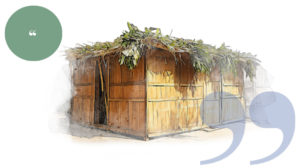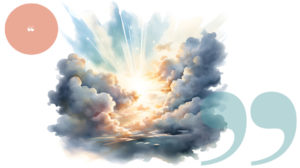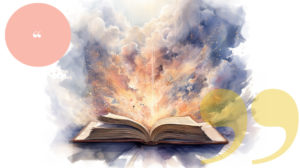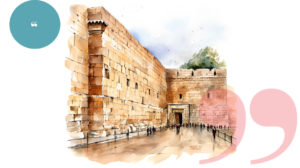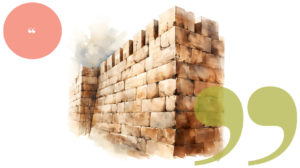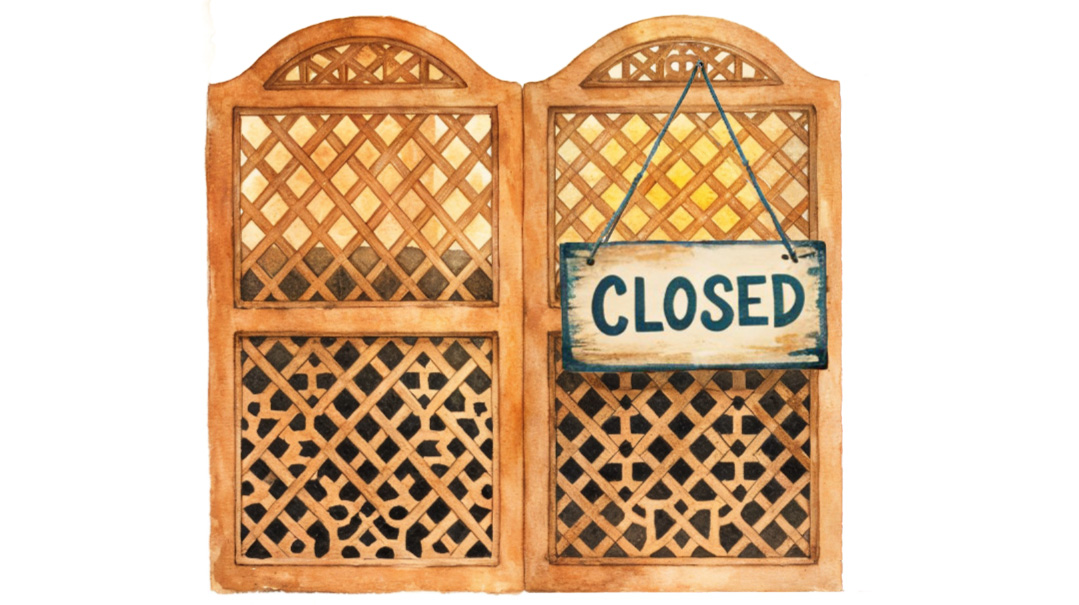Before and After

"Remember how much of our shopping used to be done in actual stores? You could touch the food, feel the fabric, you had to stand in line to pay”
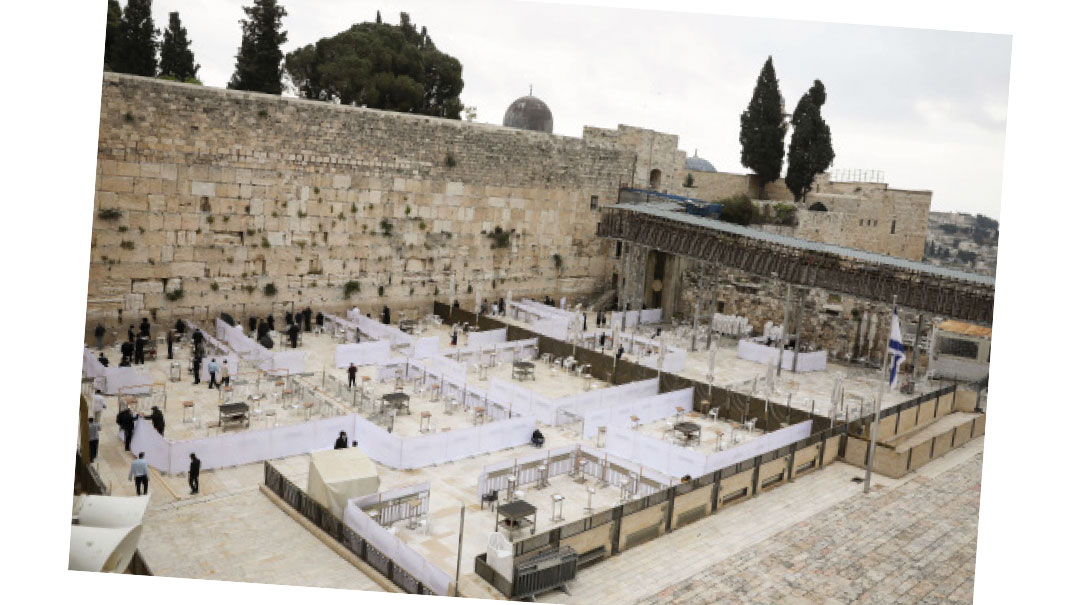
Lately, I’ve been wondering if in addition to the Stone Age and the Ice Age, there’ll be the Corona Age.BC and AC. Before and After.
We’ll say to our children, as our grandchildren listen in disbelief, things like: “Remember when we could just fly to other countries without a prior health check? Remember how close together we used to sit on those planes? We didn’t even have to wear masks! And remember how cheap tickets used to be?”
Last night, I went out in the cool Jerusalem air. Close to my home, from a local hall beneath a beis medrash, came the sounds of spirited music; Od yishama et al. Further along, practically in the middle of someone’s driveway, I saw workers set up a stunning flower centerpiece, probably in preparation for tomorrow’s wedding.
I walked further along and passed a “real” wedding hall. Closed and dark, as if it would have been the Nine Days, although it’s peak chasunah season now. Hotels were likewise closed and shuttered, their potential visitors far away, trying to prove they’re free of Covid-19, trying to get the privileged permits, wondering how they’ll manage the mandatory 14-day quarantine.
“Remember how chasunahs used to be?” I imagine myself reminiscing with friends as we rock in our respective rocking chairs. “Hundreds of people! Huge halls! Tons of food! Ach, but it was such a waste. Some good did happen from that coronavirus, to be sure.”
And we’d go on to discuss how things changed. “Remember when there used to be more than 15 students in a class the size of our dining room? Remember how much of our shopping used to be done in actual stores? You could touch the food, feel the fabric, you had to stand in line to pay.”
I wonder how much intercity travel will change, I thought, as I boarded the light train, mask firmly in place, almost toppling as the train lurched forward, so afraid I was to touch the pole. After a few short stops I alighted and took that magical stroll through the Old City to get to the Kosel.
“Yesh lach maseicha?” a security guard asked another visitor. She pulled out her mask triumphantly, her ticket to the Kotel. They used to check for guns and knives; in the Corona Age their concern is all about masks.
But we couldn’t just reach the Wall, not yet. There was a line at the Kotel Plaza, and we were only let in several at a time. While I waited, I surveyed in amazement the transformation that had taken place.
Instead of one big praying area, the plaza had been divided by white-curtained mechitzos into sections, labeled “Mitcham 1, 2, 3…” up to 17 (as far as I could see, anyway.) Personnel were milling about, supervising entry to the sections, wearing orange jackets with “sadran corona” (corona usher) proudly emblazoned on their backs.
When it was my turn, I was lucky enough to be shown to one of the three coveted sections right by the wall. “Rak dakah tefillah vezehu. Lo Shemoneh Esreh,” the sadran kept urging — only a minute of tefillah, no lengthy Shemoneh Esreh please. Let others also enjoy the privilege.
I stepped towards the smooth, pockmarked stones of the Wall. The Wall that had seen and heard so much: wars and poverty and hardships and illness and pain, and also stories of joy, of gratitude — shidduchim closed, jobs secured, exhilarated postnatal visits, elation at simply being able to stand there.
I heard the muffled sobs of a woman near me, the whispered “Todah rabah Elokim, yitgadal veyitkadash” from another. I saw the fervent swaying of one, the gentle stroking of stones by another, the venerated distance kept by a third. I took it all in — quickly, my time here was limited — before I opened my siddur to whisper my own tefillah to the One who hears all and knows all.
The world around me closed. It was just me and Him.
Some things will never change.
(Originally featured in Family First, Issue 697)
Oops! We could not locate your form.
